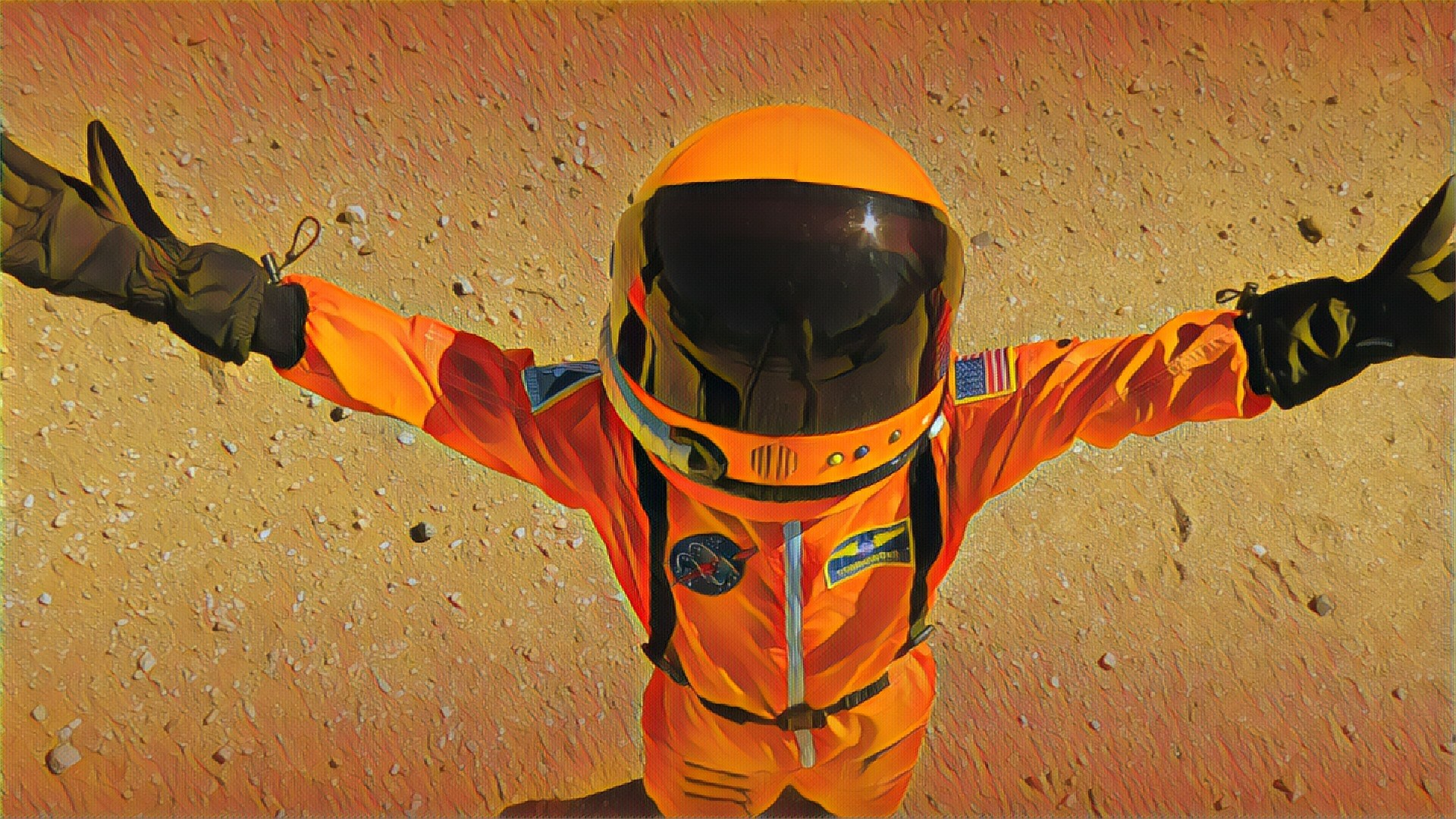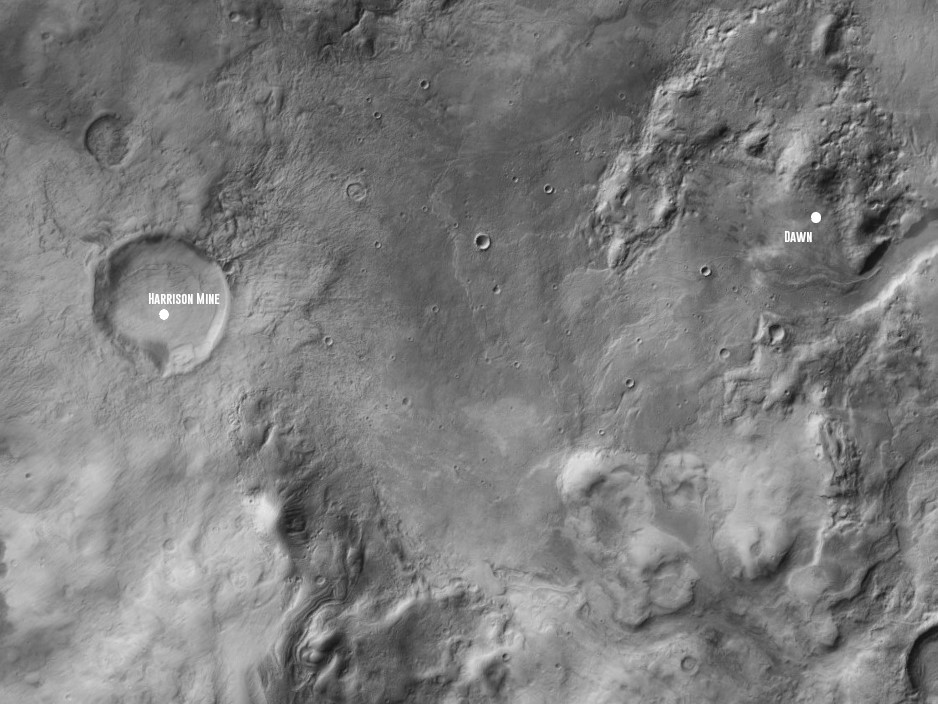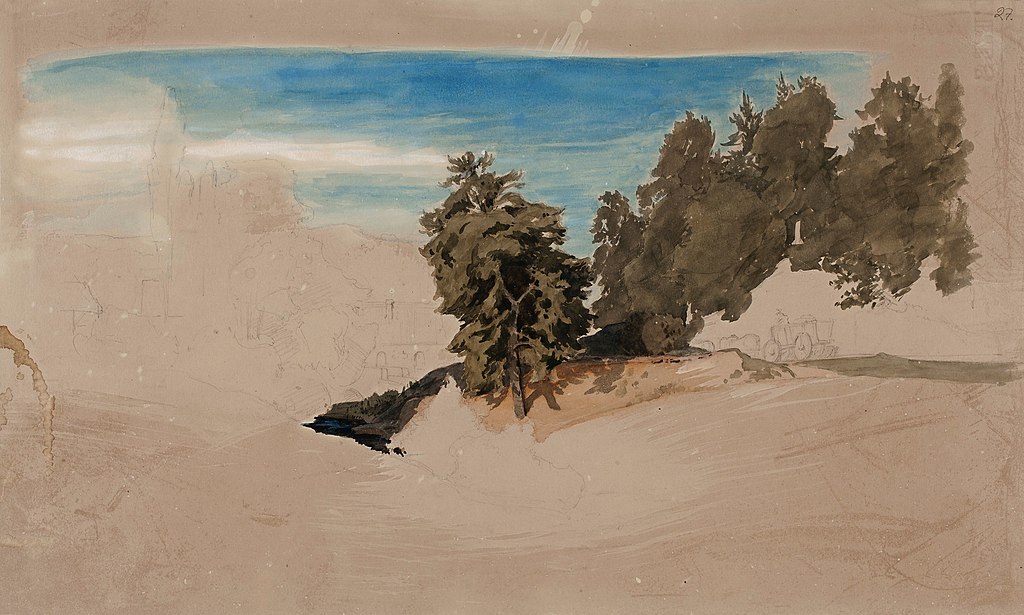Share examples of your ideas with your illustrator. Make mockups: physical, existing imagery, AI (if, like me, you can’t draw).
Share relevant excerpts from your manuscript with them. Share the whole manuscript if they want it. You have to give them plenty to work with.
Aside: Stop worrying about somebody stealing your work. The likelihood of that happening is vanishingly small. You’re never going to move forward if you worry about that.
images: 1) a physical mockup of the ice mine in Book Three, 2) a mockup map of the area around Dawn using public domain satellite imagery of Mars, 3) an AI mockup of Nour, a character from Book Three.

















